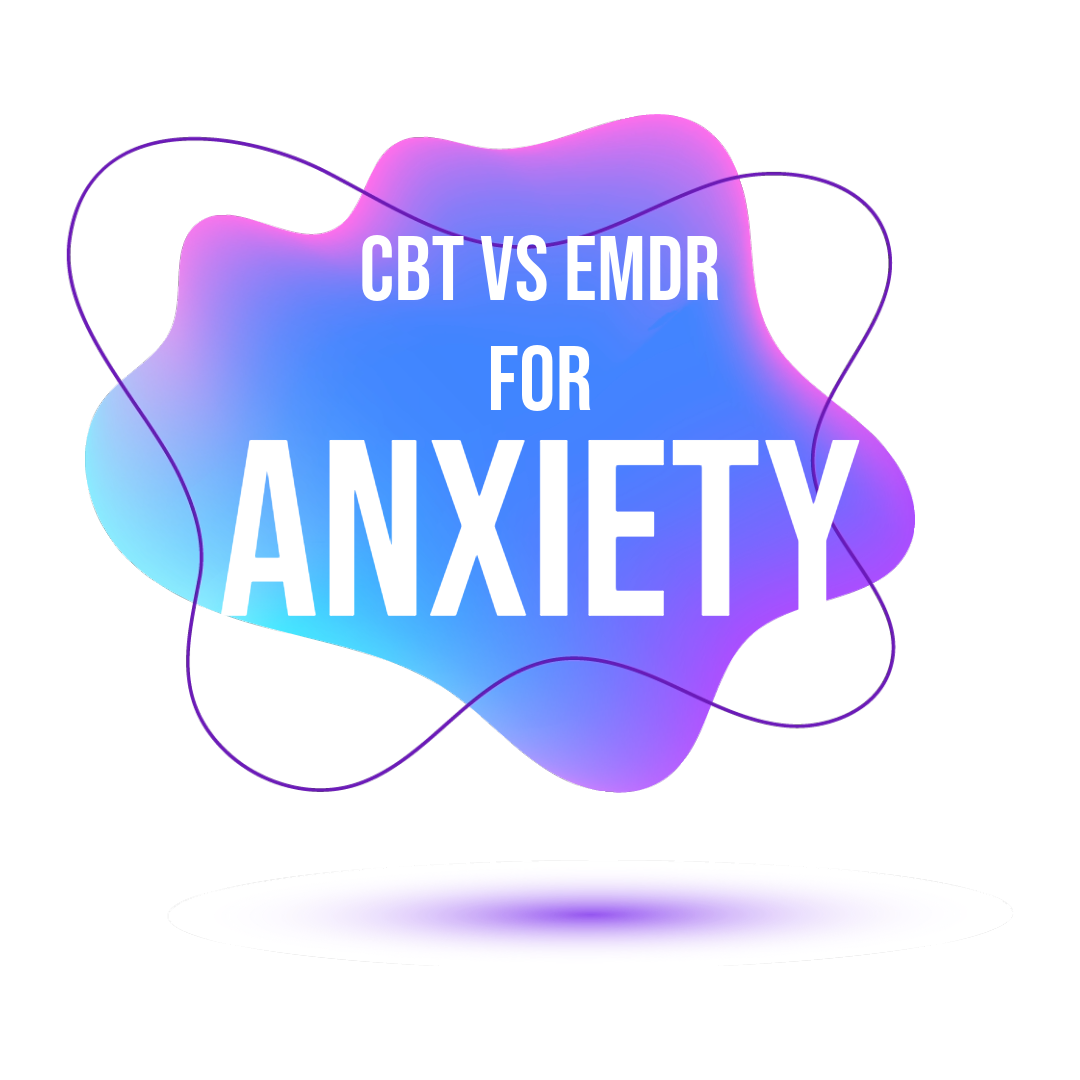CBT, a widely practiced form of psychotherapy, focuses on identifying and modifying negative thought patterns and behaviors associated with anxiety. It involves recognizing irrational thoughts and beliefs and replacing them with healthier, more balanced ones. Through structured sessions, individuals learn coping mechanisms and relaxation techniques to manage anxiety triggers effectively. CBT equips individuals with skills to challenge and reframe anxious thoughts, thereby gaining a sense of control over their anxiety.
On the other hand, EMDR is a relatively newer therapy, primarily used to address trauma and anxiety stemming from past experiences. EMDR involves recalling distressing memories while engaging in bilateral stimulation, typically in the form of guided eye movements. This helps process traumatic memories and reduces their emotional impact, ultimately diminishing associated anxiety.
One key difference lies in the approach to treatment. CBT is a more cognitive approach, addressing thought patterns and behaviors directly. It is structured, goal-oriented, and often involves homework assignments to reinforce learning and behavioral change. EMDR, conversely, leans more towards a holistic, experiential method by tapping into the brain's natural healing processes.
Another distinction is in their application. CBT is a versatile therapy widely used for various anxiety disorders, while EMDR is particularly effective in treating trauma-related anxiety, such as post-traumatic stress disorder (PTSD).
Both CBT and EMDR are powerful therapeutic tools that offer distinct approaches to tackling anxiety. The choice between them often depends on the nature of the anxiety, the individual's preference, and the recommendations of mental health professionals. CBT addresses anxiety by modifying thought patterns and behaviors, while EMDR processes traumatic memories to alleviate anxiety associated with past experiences. Each has its strengths and is effective in its domain, ultimately aiming to provide relief and enhance the quality of life for those struggling with anxiety.


 RSS Feed
RSS Feed